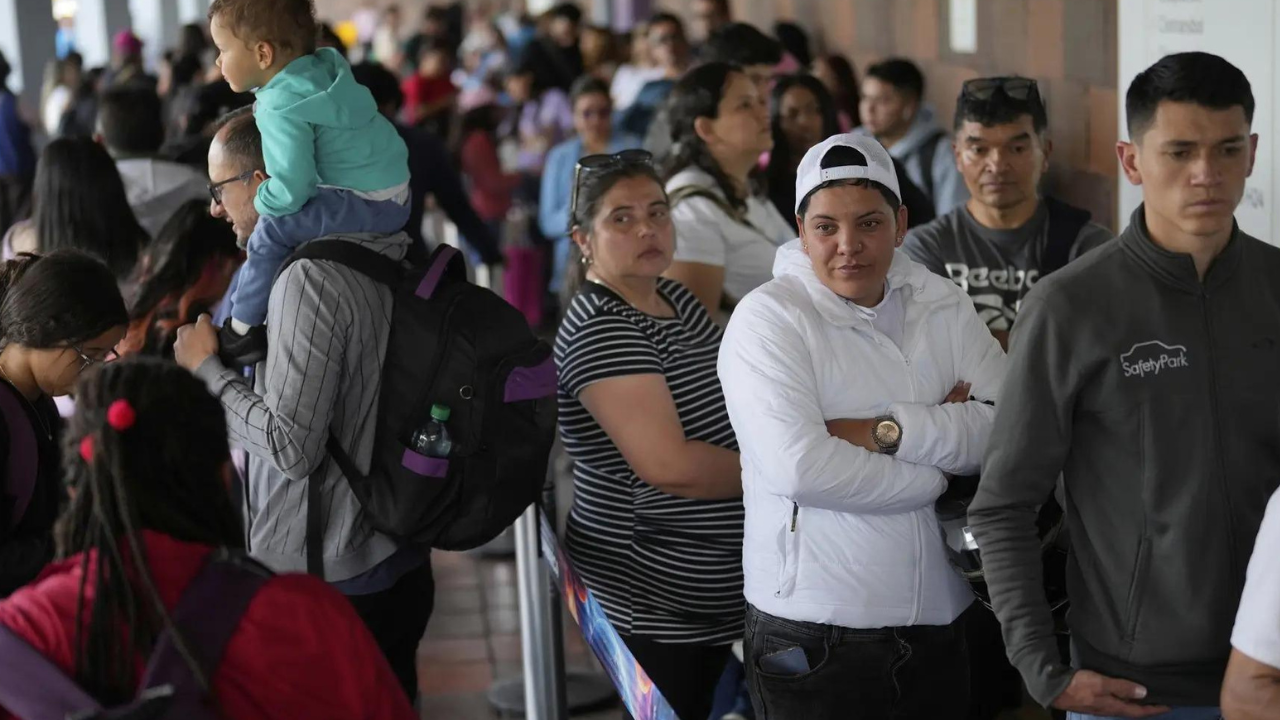
On Wednesday, the Colombian government announced a state of emergency because of the swift increase in yellow fever cases.
The authorities have encouraged people to get vaccinated and follow necessary safety measures during the Easter weekend celebrations and trips.
The Colombian President, Gustavo Petro, announced an additional economic crisis alongside the current health emergency. In a Facebook post, he stated, "Individuals who haven’t received their vaccinations shouldn’t travel to high-risk zones over Easter: for now, this includes the coffee-growing region."
What is yellow fever?
The WHO characterizes yellow fever as an infectious ailment transmitted by mosquitoes active during daylight hours. Typical signs of this illness encompass fever, nausea, vomiting, headaches, lack of appetite, and muscular discomfort; the incubation phase typically spans 3 to 6 days. This condition is noted for being extremely contagious with the capability to spread internationally.
From the beginning of the year, 74 cases have been reported and 34 fatalities recorded as per Colombian Health Minister Guillermo Jaramillo on Wednesday. In explaining the emergency decree, Jaramillo stated, "This illness has an approximate fatality rate of 50% amongst affected individuals." Additionally, he mentioned, "Vaccination cards will be mandatory for anyone traveling into or out of Colombia."
The CDC (Centers for Disease Control and Prevention) in the U.S., as part of their yellow fever warning, has elevated South America to category two on a scale from one to four. They advise taking "extra precautions" because of a rise in case numbers.
Individuals traveling to Colombia, Bolivia, and Peru are recommended to receive vaccinations at least 10 days prior to their journey and should take special precautions to prevent mosquito bites.